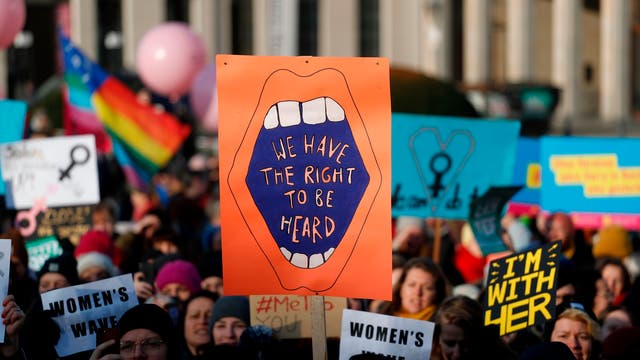
No country in the world is set to achieve gender equality by 2030, a new report has found.
On Monday 3 June, the Equal Measures 2030 partnership released its inaugural Sustainable Development Goal (SDG) Gender Index, a report which assessed the state of gender equality across 129 countries across the globe.
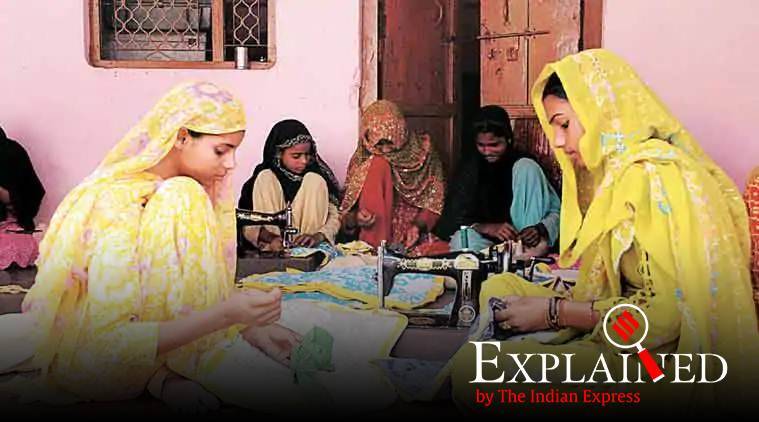
The ranking found that the world is far from achieving gender equality with 1.4 billion girls and women living in countries that get a “very poor” grade.
A new index to measure global gender equality, launched on Monday, ranks India at 95th among 129 countries. The SDG Gender Index comes close on the heels of the gender gap index of the World Economic Forum where India was ranked 108th.
How the ranking works
The SDG Gender Index has been developed by Equal Measures 2030, a joint effort of regional and global organisations including African Women’s Development and Communication Network, Asian-Pacific Resource and Research Centre for Women, Bill and Melinda Gates Foundation, and International Women’s Health Coalition. It accounts for 14 out of 17 SDGs (sustainable development goals) that cover aspects such as poverty, health, education, literacy, political representation and equality at the workplace.
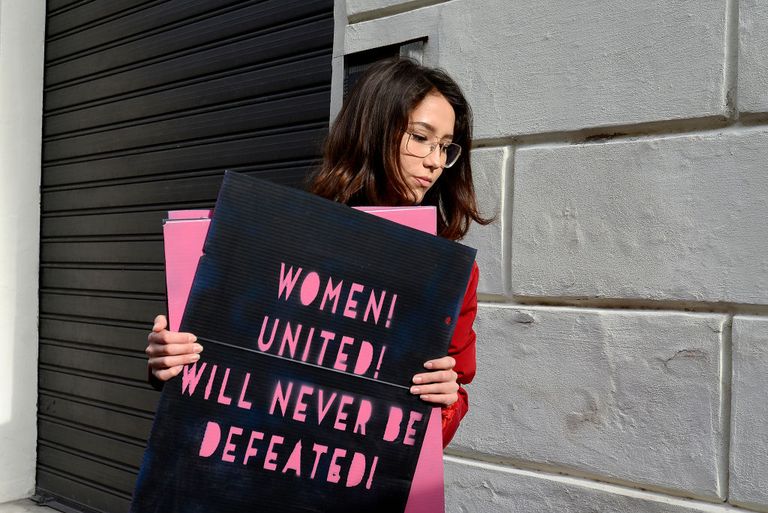
The first global index on gender equality has been published and shows that not one country in the world will eliminate gender inequality by 2030 if they carry on at the current rate of change. The SDG Gender Index is part of a broader agreement signed by 193 countries in 2015, in which they all pledged to tackle 17 sustainable development goals (SDGs) by the year 2030, many of these relating to gender equality issues.
The results stand as evidence that no country in the index is doing enough to tackle the inequality women and girls are facing. Even in the highest-ranking countries, not enough change is taking place for true equality to be reached by the deadline.
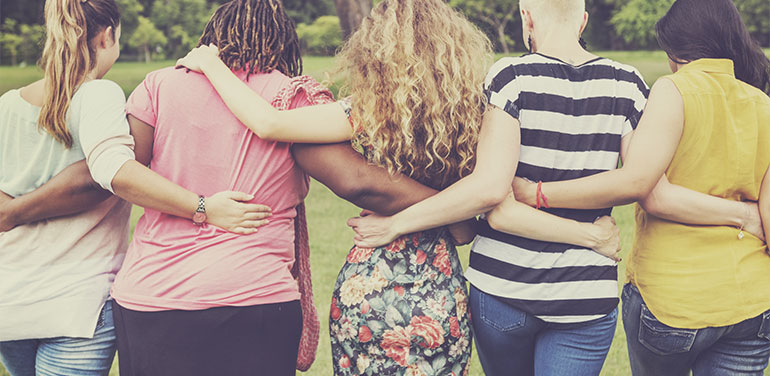
Australia is performing poorly on gender equality issues related to climate action and gender data, according to a global Sustainable Development Goals (SDG) index.
The SDG Gender Index, launched on Monday at the 2019 Women Deliver Conference, measures the state of gender equality aligned to the SDGs, examining countries on 51 issues ranging from health to gender-based violence and climate change.
Australia ranked 10th overall in the index (out of 129 countries) and first in the Asia Pacific region, but still performed poorly on many indicators.
Anne Connell, a senior data advisor at Equal Measures 2030 which released the index, told Pro Bono News that Australia scored “poor” on climate change action (SDG 13) and the need for better gender data (SDG 17).

Melinda says in a male dominated world, men must now be ready to support women rise in their careers
In Summary
•A woman becomes more empowered when she has finances in her hand. She’ll tell you her husband sees her differently, she sees herself differently, and her sons see her differently.
•Says there’s very little data on women’s contribution to the economy. The existing data is sexist and it’s biased.
Leaders from around the world meet in Canada this week for Women Deliver, the world’s largest gathering on gender equality and the wellbeing of girls and women.
In the meeting, advocates will launch a new SDG Gender Index that ranks Kenya 97th out of 129 countries on gender equality. The report, prepared by Equal Measures 2030, shows Kenya doing better than its peers in some areas and lagging behind in others.
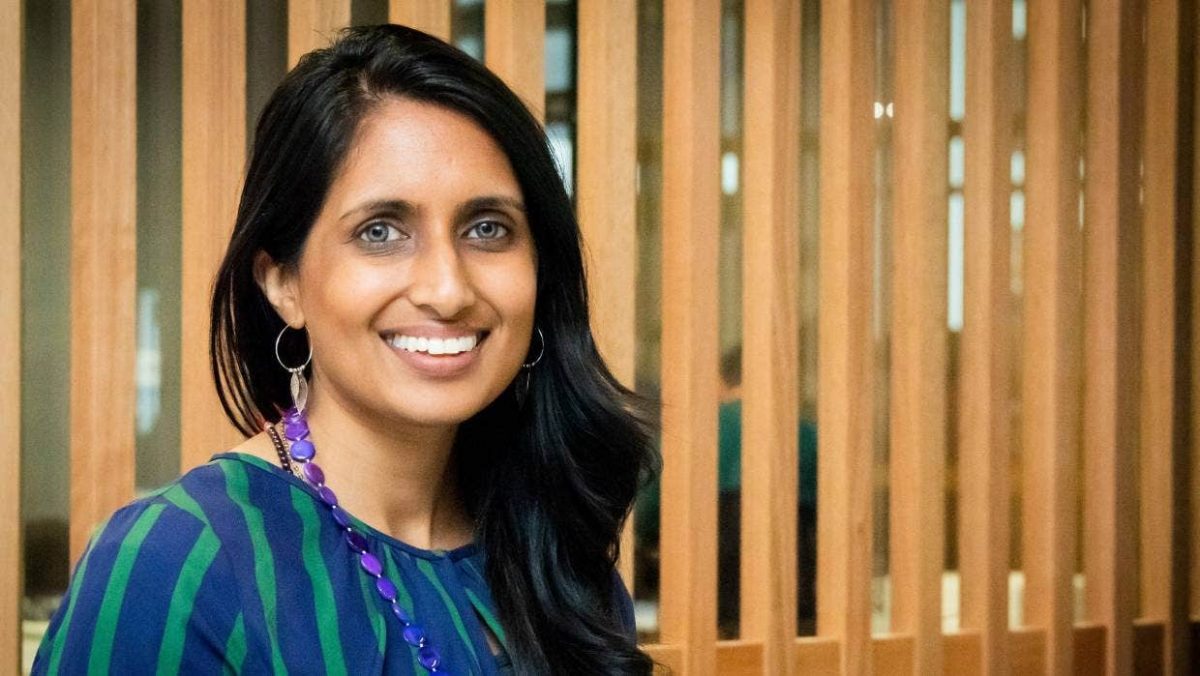
BRITTANY KEOGH07:54, Jun 06 2019
New Zealand’s high rates of income inequality and poverty are pulling down the country’s global ranking in terms of gender equality.
A new report, The 2019 Equal Measures 2030 SDG Gender Index, has placed New Zealand 11th out of 129 countries.
The ranking is based on 51 indicators used to measure their progress toward achieving 17 sustainable development goals (SDGs).
In 2015, the countries had all committed to reaching gender equality by 2030 in a bid to end poverty and inequality. But, according to the report, no country was on track to achieve that milestone.
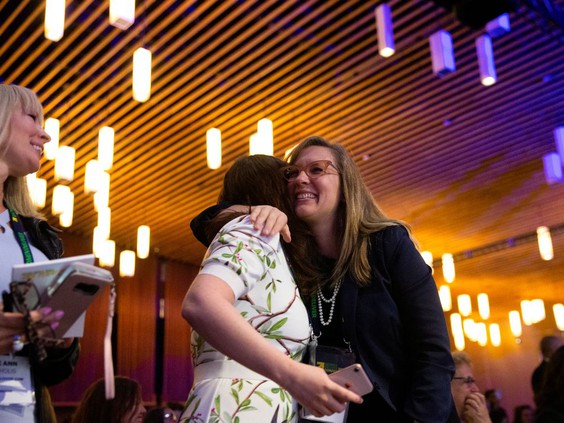
Opinion: The data is important, but lack of it isn’t all that’s holding women and girls back from full equality
Author of the article:Tara Patricia Cookson, Lorena Fuentes
Last week, self-proclaimed feminist Prime Minister Justin Trudeau put his money where his mouth is. To a global audience of 8,000 gender-equality advocates, Trudeau announced that the federal government would gradually increase international aid for women’s health — including sexual and reproductive health rights — to $1.4 billion by 2023.
The announcement was made at Women Deliver, the world’s largest conference on gender equality, held in Vancouver June 3-6. Throughout the conference, Canada stood out as a global leader.

Pradeep Kumar Panda Hans News Service | 11 Jun 2019 10:48 PM IST
Equal Measures 2030 has recently released the 2019 SDG Gender Index, which finds that nearly 40 per cent of women and girls, or 1.4 billion people, live in countries that are “failing on gender equality.”
The Index reports that the world is furthest behind on SDG 5 (Gender Equality), SDG 9 (Industry, Innovation and Infrastructure), SDG 13 (Climate Action) and gender equality issues related to gender data and public finance, under SDG 17 (Partnerships for the Goals).
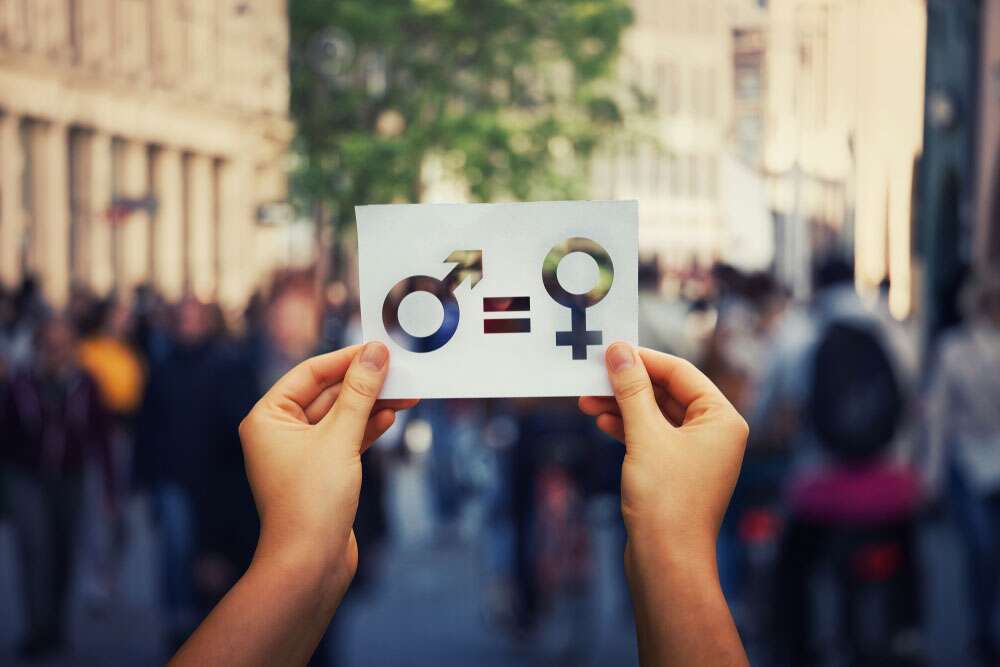
The significance of women’s equality as a political issue continues to be wilfully ignored by elected dispensations
If there is one thing that India has maintained, especially in the past few years, it is its consistent slide on important indices. It has already performed dismally on a number of indices, such as the gender gap index, the World Press Freedom Index and the Global Human Capital Index. India ranked 140 in the WPF index and had the lowest position among the BRICS nations on the GHC in 2017. It should, thus, be unsurprising that this streak has been maintained on yet another international marker of progress. India has ranked 95 out of 129 countries in a new gender equality index created by a civil society and private sector partnership known as Equal Measures 2030. It is no secret that women and girls have had a long history of being treated as second-class citizens in the country on a number of the parameters examined in the index — poverty alleviation, health, education, literacy, political representation and equality in the workplace. What is worrisome, however, is the steady decline in already appalling ground realities in spite of numerous efforts and interventions made by the State, the judiciary, non-governmental organizations and civil society.
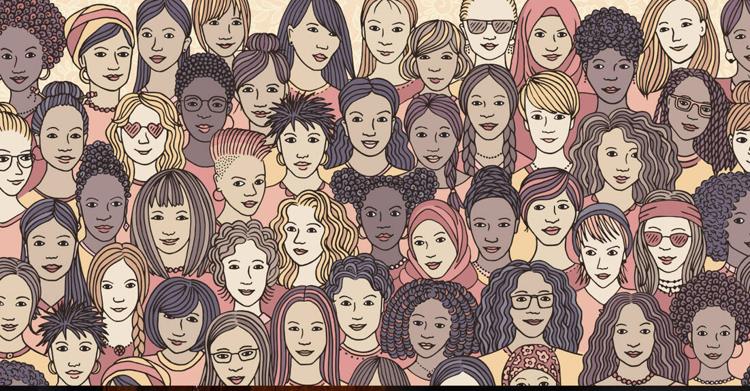
BY STACY M. BROWN
NNPA NEWSWIRE
Nearly 40 percent of the world’s girls and women live in countries that are failing on gender equality, according to information compiled by Equal Measures 2030 and its partners.
According to the website for the project, “The 2019 SDG Gender Index measures the state of gender equality aligned to 14 of the 17 Sustainable Development Goals (SDGs) in 129 countries and 51 issues ranging from health, gender-based violence, climate change, decent work and others. The 2019 SDG Gender Index provides a snapshot of where the world stands, right now, linked to the vision of gender equality set forth by the 2030 Agenda.”
The index reveals that 1.4 billion girls and women are living in countries that get a “very poor” or failing grade on gender equality.
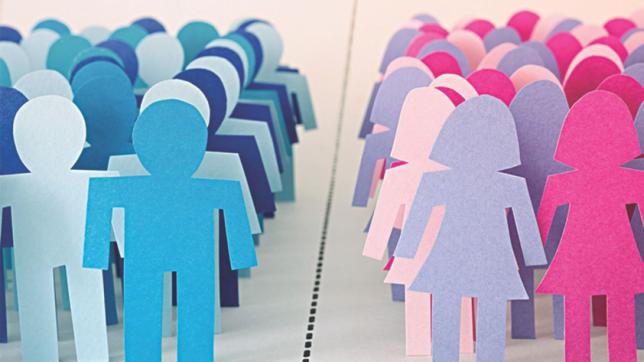
Star Health Report
Results for 129 countries measured by a new Sustainable Development Goals (SDG) Gender Index released by Equal Measures 2030 show that the world is far from achieving gender equality, with 1.4 billion girls and women living in countries that get a “very poor” failing grade on gender equality.
The SDG Gender Index, launched at the Women Deliver 2019 Conference recently, is the most comprehensive tool available to measure the state of gender equality aligned to the SDGs. The index, covering 14 of the 17 SDGs, measures countries on 51 issues ranging from health, gender-based violence, climate change, decent work and others.
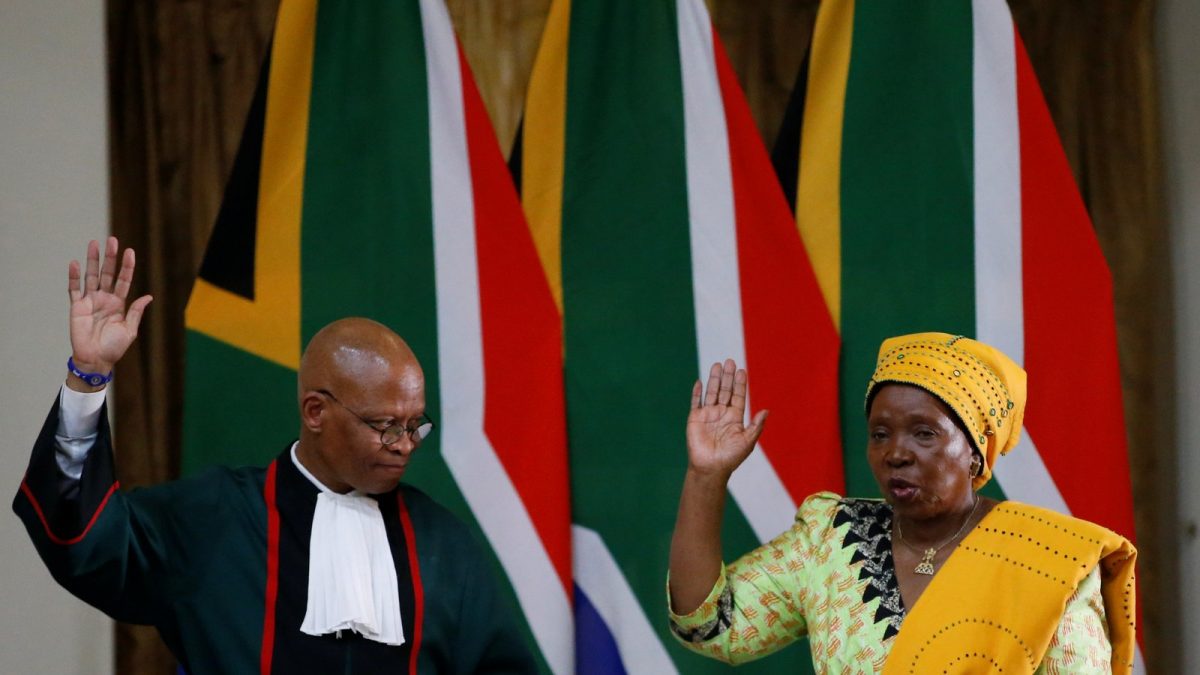
Gender-Balanced Cabinet Appointed in South Africa
Last week, South African President Cyril Ramaphosa announced his new cabinet, appointing women to head half of the ministries for the first time in history. South Africa joins 10 countries which have achieved gender parity in government cabinets worldwide, including most recently Ethiopia and Rwanda.
Many of the new women ministers are familiar faces in South African politics, including Nkosazana Dlamini-Zuma—a former Minister of Health, Foreign Affairs, and Home Affairs—now leading cooperative governance and traditional affairs, opposition politician Patricia de Lille heading public works and infrastructure, and former parliamentary chairwoman Thoko Didiza overseeing public lands and agriculture.











